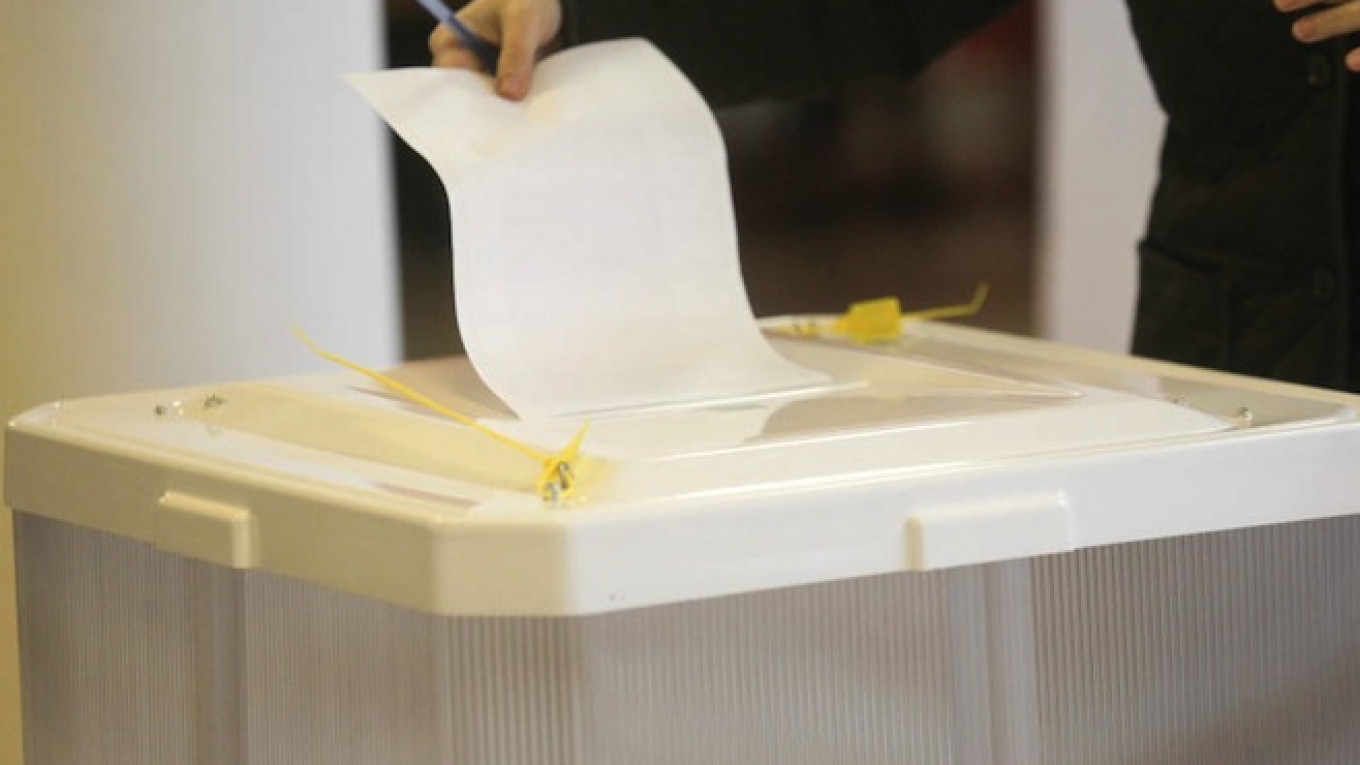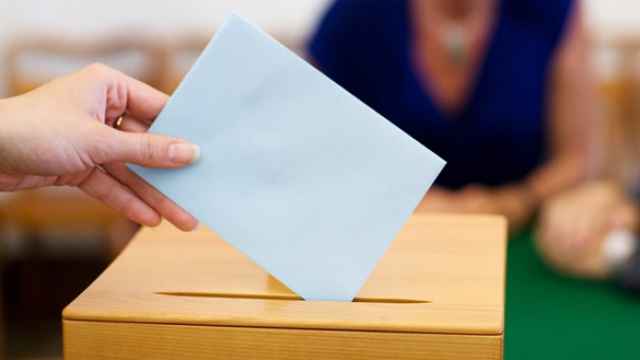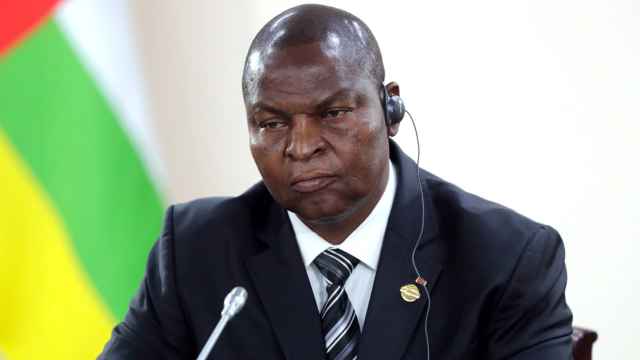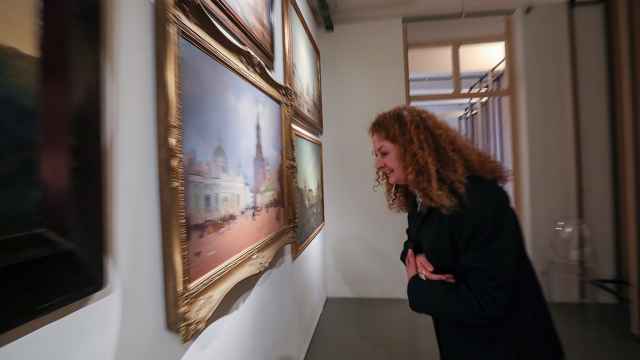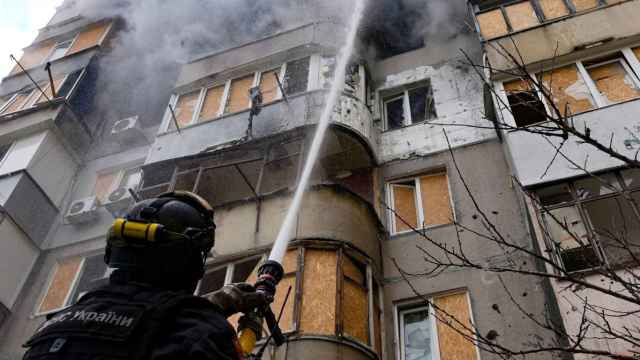The number of political parties in Russia has fallen from 150 in 2013 to 76 today, as the Justice Ministry suspended the registration of six more parties this week.
On Wednesday, the ministry suspended the registration of the parties "Democratic Choice," "Nonpartisan Russia," "Great Cossack Brotherhood," "Revival of Agrarian Russia," "Fresh View of Russia," and "Morning," ITAR-Tass news agency reported.
Vladimir Milov, chairman of "Democratic Choice," said in comments to Moskovsky Komsomolets that his party had met all the requirements for registration.
"We have branches in 52 regions of Russia (by law, there should be no fewer than 43), and each of them submits the required reports," Milov was cited Thursday as saying.
"Of course, questions come up periodically with the required documents. In such cases, the activities of the branch are suspended, we receive a recommendation and fix the mistake, and then work goes on. But the Justice Ministry cannot stop the activities of the entire party because of a mistake by one branch. I think the ministry's clerks made some sort of technical error. Our lawyers are already on it and I have no doubt that we will quickly persuade them to resolve this," Milov said.
The Justice Ministry's press service confirmed that the registration of five parties had been suspended after they failed to submit the required documents, but no mention was made of "Democratic Choice," Moskovsky Komsomolets reported.
Sixty-three parties of 76 registered parties are set to take part in the upcoming municipal elections on Sept. 14. For comparison, in 2013, there were 150 registered parties, according to the report.
Opposition politicians have long warned they are gradually being squeezed out of Russia's political landscape, with "filters" on the federal and regional level making it more difficult for many opposition parties to run in elections.
Independent candidates are required to collect 5,500 voters' signatures before being allowed onto the ballot, though many opposition politicians say authorities can easily rule these signatures inadmissible to prevent certain parties from participating.
Several candidates from the "For Moscow" coalition said this "filter" is precisely what knocked them out of the Moscow City Duma election in mid-July, the report said.
A Message from The Moscow Times:
Dear readers,
We are facing unprecedented challenges. Russia's Prosecutor General's Office has designated The Moscow Times as an "undesirable" organization, criminalizing our work and putting our staff at risk of prosecution. This follows our earlier unjust labeling as a "foreign agent."
These actions are direct attempts to silence independent journalism in Russia. The authorities claim our work "discredits the decisions of the Russian leadership." We see things differently: we strive to provide accurate, unbiased reporting on Russia.
We, the journalists of The Moscow Times, refuse to be silenced. But to continue our work, we need your help.
Your support, no matter how small, makes a world of difference. If you can, please support us monthly starting from just $2. It's quick to set up, and every contribution makes a significant impact.
By supporting The Moscow Times, you're defending open, independent journalism in the face of repression. Thank you for standing with us.
Remind me later.


